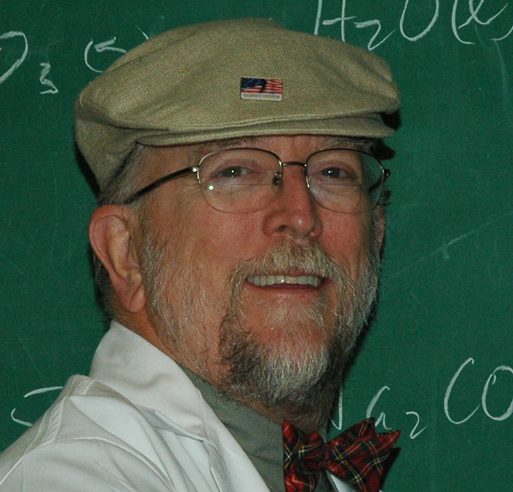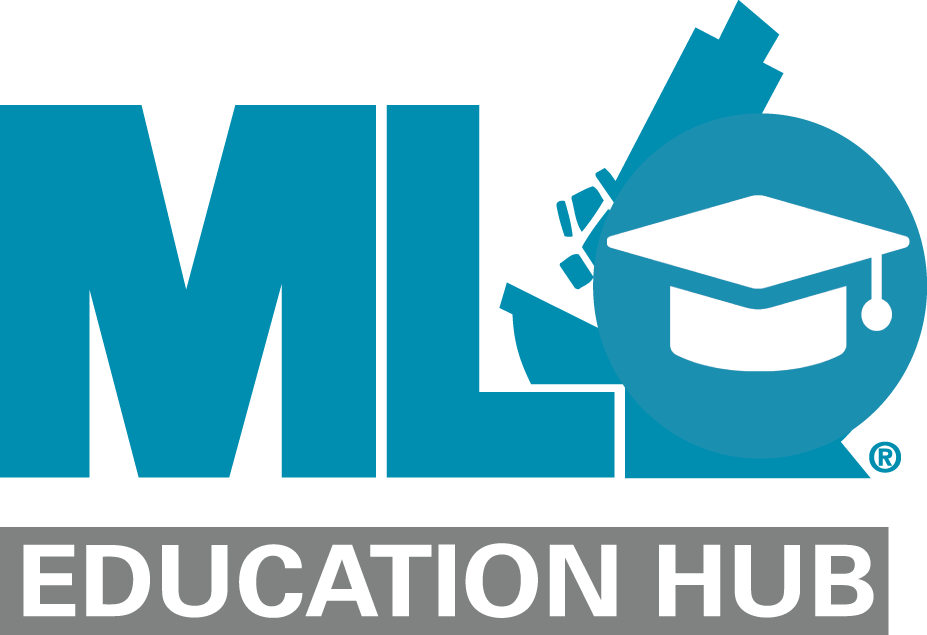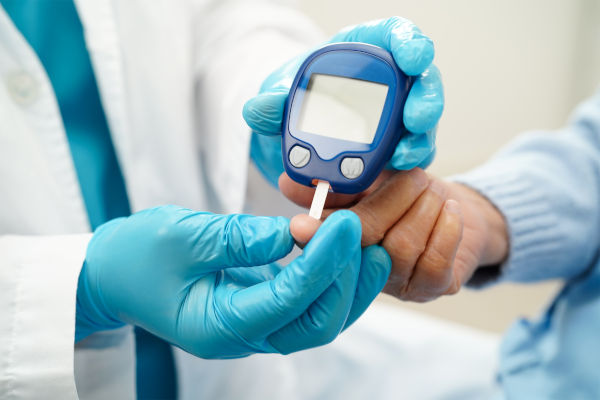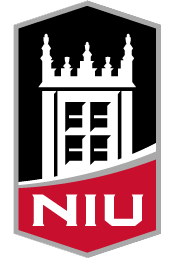By Robert F. Moran, PhD, FCCM, FIUPAC
Managing change is never an easy task — even less so when you are not in charge — which is where most of us find ourselves in point-of-care environments. Point-of-care testing (POCT) defines itself: Clinical laboratory testing conducted close to where patient care is provided. It is focused on real turn-around-time (TAT), from specimen collection, to measurement, and then in the hands of the caregiver. Great for the treating caregiver but it comes at a cost — a technology investment if measurement devices are dedicated to a sufficiently small group of patients and a support infrastructure such as data management systems that must work seamlessly together. Those capital costs and the related system’s complexity leads us to a need to understand how it all fits together.
LEARNING OBJECTIVES
Upon completion of this article, the reader will be able to:
- Describe the organizational use and benefits of point-of-care testing (POCT) testing in healthcare systems.
- List personnel characteristics that should be employed when positively adapting to change
- Discuss tools that can be utilized when assessing the analytical performance of whole blood.
- Describe the information and symbols that can be included in a lab report to add value and substance to the results.

Robert F. Moran, PhD, FCCM, FIUPAC is the Principal Scientist at mviSciences, a consulting and educational services organization and President of AccuTest™ Proficiency Testing Services. Dr. Moran served multiple terms on the NCCLS (Now CLSI) Board of Directors and was an active participant or chairholder in several of their blood gas and electrolyte standards-writing teams. Also active in clinical chemistry internationally, he is an appointed Fellow of the International Union of Pure and Applied Chemistry (FIUPAC). He is a retired professor of chemistry and physics from Wentworth Institute of Technology but remains active in consulting work and writing.



